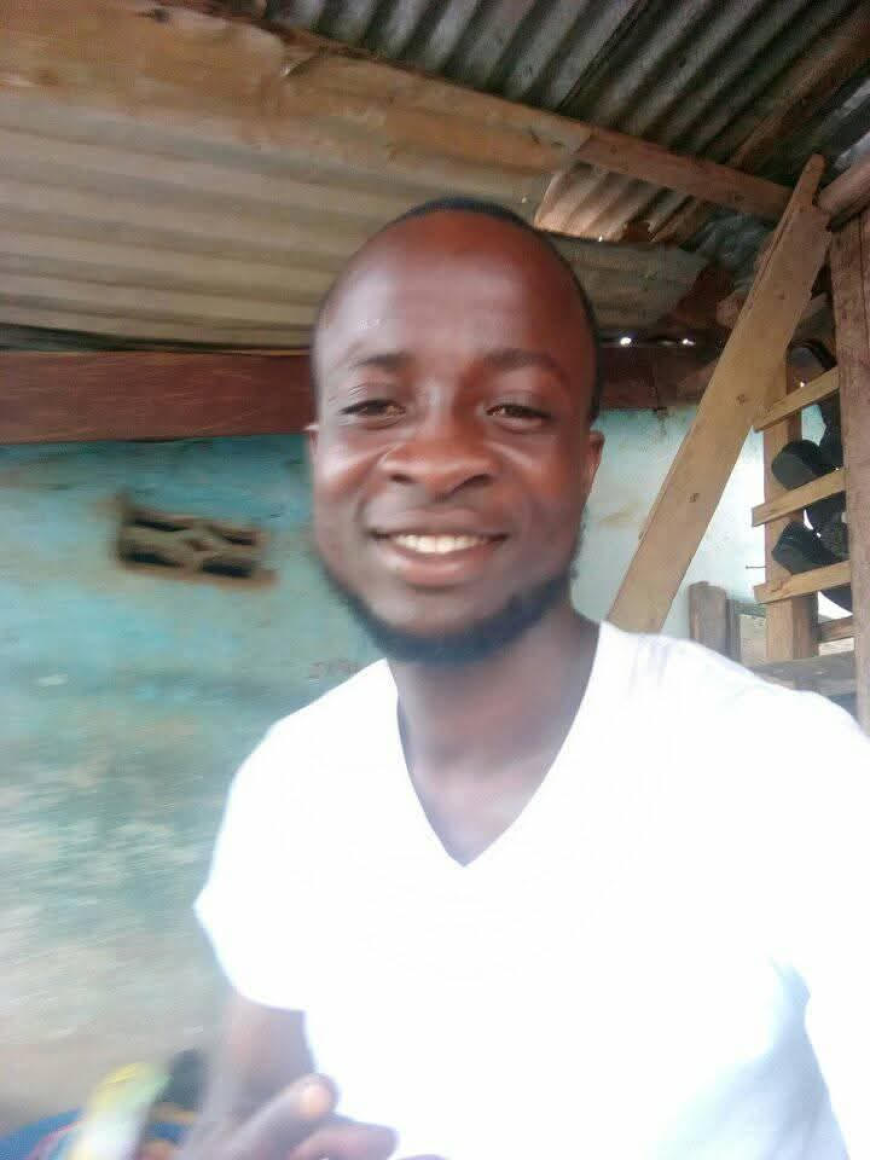Ex-drug Addict Turned Advocate Calls for GoL Swift Intervention

Monrovia, Liberia: Shadrach B. Moore, a former drug addicted youth who has turned his life around, is calling on young Liberians trapped in substance abuse to abandon the destructive lifestyle and seek rehabilitation.
Moore, who once struggled with addiction, is using his personal story to raise awareness about the dangers of drug abuse and to push for urgent government intervention.
With substance abuse on the rise among Liberian youth, Moore believes that the Government of Liberia, through the Ministries of Health and Education, along with the Liberia Drug Enforcement Agency (LDEA), must take decisive action to rescue young people from ghettos where drugs are being widely used and sold.
He is advocating for the establishment of vocational rehabilitation centers that would provide medical treatment, counseling, and skills training to help young addicts reintegrate into society.
Shadrach B. Moore’s journey into drug addiction mirrors that of many young Liberians who find themselves drawn into ghettos, either due to peer pressure, economic hardship, or lack of parental guidance.
He described how his life was once controlled by drugs, leading to severe health complications, emotional distress, and a complete loss of direction.
“I was caught up in a world where drugs dictated everything I did. I had sleepless nights, constant infections, and a body that was slowly wasting away. There were days I felt like I wouldn’t make it, but by the grace of God, I was able to break free,” Moore shared.
His turning point came when he realized that substance abuse was not only ruining his health but also his future. Determined to reclaim his life, he sought help, distanced himself from the ghetto environment, and focused on rebuilding his physical and mental well-being.
Today, he is a strong advocate against drug abuse, using his experience to warn others of the dangers of addiction and to promote positive change.
Liberia has been faced with a severe drug crisis, with a significant number of its youthful population falling victim to addiction.
Harmful substances such as kush, tramadol, cocaine, heroin, and other narcotics are becoming increasingly accessible, especially in ghettos and impoverished communities.
Reports have shown that many young Liberians, some as young as teenagers, are getting hooked on drugs, which have contributed to the rise in crime rates, including theft and violent offenses.
Severe health issues, such as malnutrition, infections, and mental illness. The increased school dropouts, as students abandon education for drugs, and high unemployment rates, as addicts struggle to find and maintain jobs, are some factors fueling the drug epidemic in Liberia.
Despite the past and present government's efforts to curb drug abuse through law enforcement raids, drug seizures, prosecution, and awareness campaigns, the problem remains widespread.
Experts argue that arresting drug users alone is not enough, arguing that there must be a sustainable rehabilitation system to help them recover and reintegrate into society.
Moore believes that one of the challenges facing Liberia’s fight against drug abuse is the lack of rehabilitation centers equipped to handle addiction recovery.
While some private and faith-based organizations run small rehab programs, the country lacks a national, government-sponsored rehabilitation system capable enough of addressing the crisis at a large scale.
To tackle this issue, Moore is advocating for the establishment of vocational rehabilitation centers that would offer medical treatment and proper healthcare for those suffering from addiction-related illnesses.
Counseling and therapy, which includes psychological support to help users overcome addiction and reintegrate into society, made it to the list of Moore’s recommendations.
He also wants the government to offer vocational skills training programs to empower former drug users with employable skills and public awareness campaigns to prevent young people from falling into drug use.
According to Moore, providing alternatives to a life of drug abuse is critical as young Liberians turn to drugs out of desperation, unemployment, and lack of opportunities.
If they are given vocational skills and a second chance, Moore expressed optimism that young people rehabilitated from drugs can rebuild their lives and contribute positively to society.
Moore is urging the Boakai-Koung administration to prioritize drug rehabilitation and youth empowerment programs as part of national development efforts while calling on the Legislature to pass stronger laws that support rehabilitation efforts rather than just punishing drug users.
“The government needs to step up its efforts in saving young people from the grip of drugs. This is not just about law enforcement; it’s about providing real solutions,” Moore emphasized.
Additionally, he is appealing to international organizations, NGOs, and local philanthropists to support rehabilitation and youth development programs in Liberia.
Despite the grim reality of drug abuse in Liberia, Moore remains hopeful that change is possible if the right actions are taken. His personal transformation is proof that addiction is not a death sentence, and with proper support, young people can overcome their struggles.
“The youth are the future of Liberia, but many are dying because of drugs. We must act now before we lose an entire generation,” he warned.
As Moore continues, he emphasizes that it is never too late to turn away from drugs, and with the right help, a better future is possible.
Edited: E. Geedahgar Garsuah, Sr.
What's Your Reaction?








































































